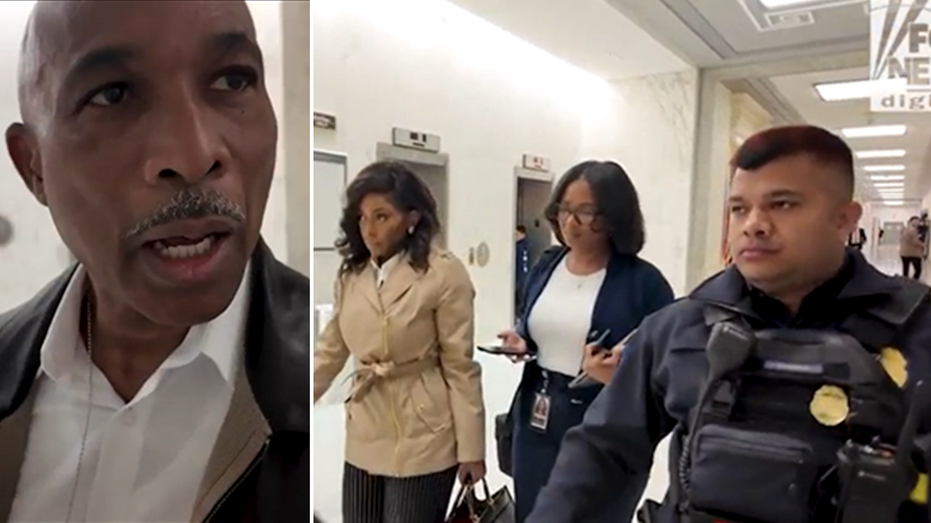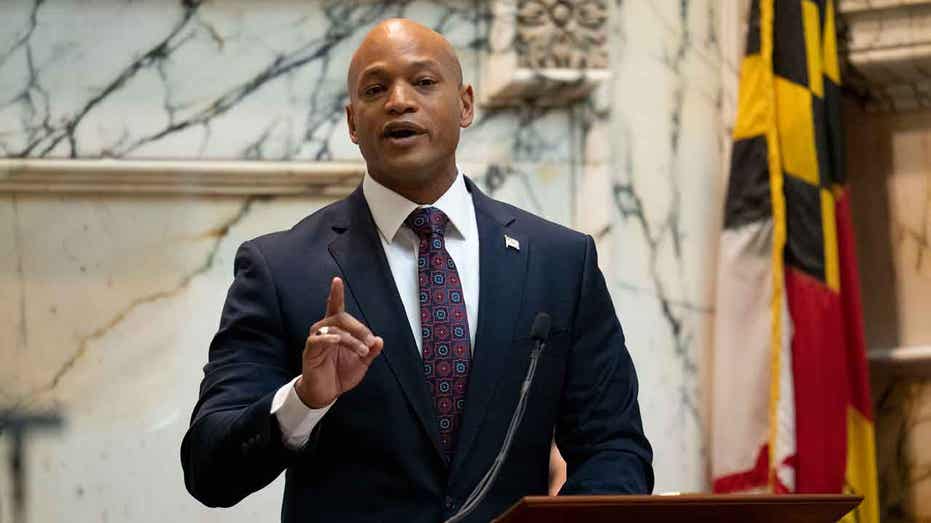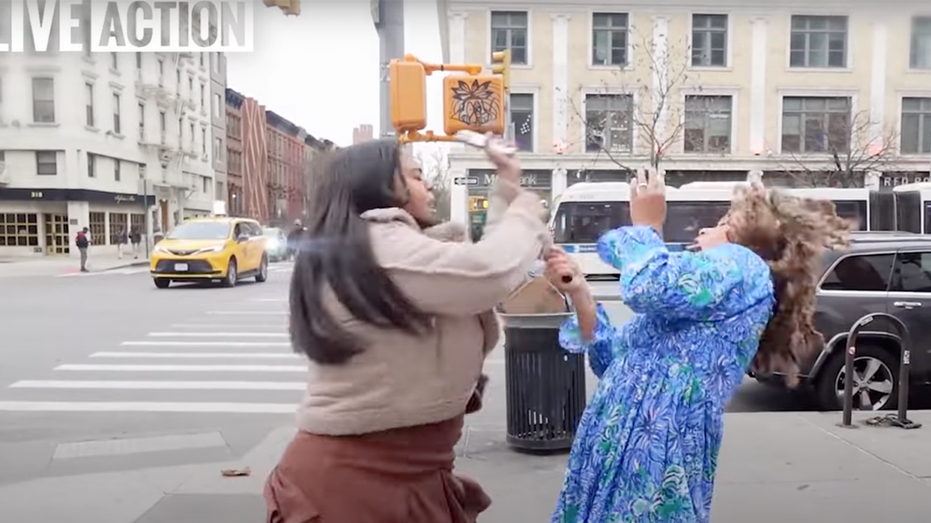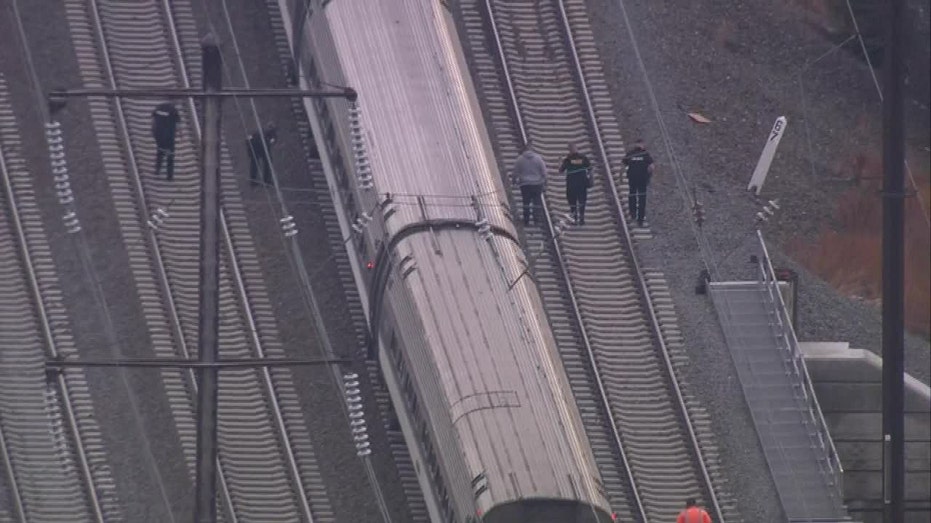- by foxnews
- 05 Apr 2025
‘Hatred has a great grip on the heart’: election denialism lives on in US battleground
‘Hatred has a great grip on the heart’: election denialism lives on in US battleground
- by theguardian
- 08 Dec 2022
- in politics
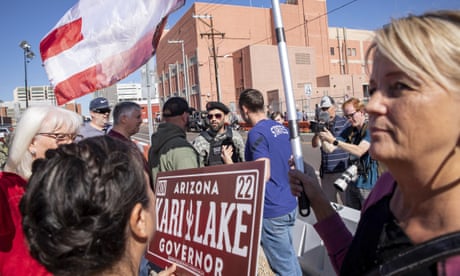
The lead-up to Arizona's midterms saw tactics designed to disrupt the American democratic process in a battleground state where election denialism ran rampant. Though voters broadly rejected election deniers, the grip of their ideas remains strong among large portions of the right in the state, which is now at the forefront of the fight over democracy in the US.
"Voters in swing states sent a message that they were not receptive to election denialism. They didn't send that message everywhere," said Daniel I Weiner, director of the Brennan Center's elections and government program.
Weiner added: "There is going to continue to have to be built a greater consensus amongst Americans across the ideological spectrum that this is out of bounds. This election was reassuring. It certainly doesn't mean the election denialism has gone away, though."
As soon as voters started dropping off their ballots, people in tactical gear with guns started monitoring them. One rural Arizona county kicked off, then backed away from, plans to hand count all ballots. Arizona's Republican gubernatorial candidate, Kari Lake, said she wouldn't concede if she lost.
After election day brought printer problems in Maricopa county, the state's largest by population, the bluster and election denialism grew. The county has said those problems did not prevent voters from casting a ballot and that they will be investigated, but still some Republicans want a "re-vote," a new election, and some statewide candidates who lost have refused to concede their races.
Others are filing or preparing to file lawsuits, as legal letters fly from the state attorney general's office and the Republican party. One county refused to certify its results, only doing so under court order. Maricopa county supervisors faced a vengeful crowd, some part of a traveling group in a "QAnon-themed Scooby Doo van" that invoked God and country to condemn this year's election.
"I never could have imagined in county government that we'd see this kind of vitriol towards us, but I think that these people have been sold a story, a narrative, and they believe that very strongly," said Bill Gates, the Republican chairman of the Maricopa county board of supervisors. "And that narrative is that we are traitors, that we have violated the law, that we're Rinos [Republicans In Name Only]. They didn't come up with it on their own."
In this closely watched, tightly divided state that will help decide the 2024 election, skepticism of election results has found an audience with some Republican leaders, as the state has shifted away from Republicans in the past decade.
While other states have embraced election conspiracy theories as well, Republicans in the Arizona senate encouraged such claims when the chamber initiated a so-called audit of the 2020 election in Maricopa county by a group called the Cyber Ninjas. Their practices and results were widely criticized by elections experts and actual auditors, but they set Arizona at the forefront of a growing anti-democratic movement.
Some of the movement's biggest names receive extensive fundraising hauls and social media attention by casting doubt on elections. The Arizona Republican party, led by Kelli Ward, has embraced Trumpism and election lies, casting out moderate Republicans like those who typically win statewide elections and setting the tone for an adversarial relationship between the state party and some elected Republicans who have defended elections.
While Republicans lost key positions statewide, they still hold one-vote majorities in both chambers of the Arizona legislature, and many moderate Republican votes were driven out of the legislature during their primaries. State government will be divided, with a Democratic governor and Republican-led legislature, so extreme election laws are unlikely to become law - but the forthcoming session should see lots of election-related fireworks.
Already, one incoming Republican lawmaker has vowed not to vote for anything until the state redoes the 2022 election. The elections committee in the Arizona senate will be chaired by Wendy Rogers, one of the most vehement election deniers in the state, who is fundraising on the idea of redoing the election.
The fever hasn't yet broken, but the signs of slowing have started to appear. Certainly, losing big offices - Democrats won the races for governor, US Senate, secretary of state and attorney general in Arizona, and generally outperformed midterm expectations nationwide - show that there are consequences for alienating moderate voters who swing elections here. Such consequences, elections experts say, are critical for hindering the spread of election denialism.
"The only way out of this situation, this morass that we seem to find ourselves in, is if there's accountability for those who are undermining our elections and who are attacking the legitimacy and the integrity of the process," said Tammy Patrick, a former Maricopa county elections officer.
The courts can also send a message that refusing to follow election law - as in Cochise county, which initially refused to certify its votes - will not be tolerated.
A federal judge sent such a message on 1 December, in response to a lawsuit filed by Lake, the GOP governor candidate, and the Republican secretary of state candidate Mark Finchem, which sought to prevent the use of machines to tabulate votes. The US district court judge John Tuchi approved sanctions against Lake and Finchem's attorneys, sought by Maricopa county, calling the lawsuit "baseless" and "frivolous".
Some, including former prosecutors in Arizona, want to see criminal charges against the Cochise supervisors for abdicating their duty as elected officials.
"I'm not a big fan of criminalizing a bunch of stuff," said Alex Gulotta, the Arizona director for the voting rights group All Voting is Local. "On the other hand, if people are willing to break the law and break the law and break the law and continue to break the law when they're told they're breaking the law and break the law again, then at some point, you have to hold those people accountable."
Those grappling with threats to democracy since 2020 see some signs that the movement is petering out, though they acknowledge 2024 could see more activity given the high stakes of the presidential election.
The protests leading up to election certification in Arizona were small - one traveling protester, David Clements, said he was heading back to New Mexico after several days of protests because "it doesn't seem like the people of Arizona cared".
The courts stepped in and made it clear, in multiple instances, that election shenanigans wouldn't be tolerated.
The Arizona Republican party is seeing efforts from some moderates, including the former Republican gubernatorial candidate Karrin Taylor Robson, who lost in the primary, to realign the party under a broader tent that could start to win elections again. Taylor Robson called on Ward to resign, saying Ward and Lake were the "megaphones" of the false election narratives that sunk the party in 2022.
The state party, though, is full of Republican foot soldiers who are closely aligned with Ward. It has often run farther to the right than the state itself and censured moderate Republicans, including the current governor, Doug Ducey. Getting the party's activists to choose a mainstream, moderate Republican to run the party is a tall order. Ward is not expected to run again, though her Maga allies are sure to seek the leadership position.
Gates, the Maricopa supervisors chairman, said he didn't know for sure if the noise would die down. Candidates and outside parties still could and would file lawsuits, as was their right, he said. If, after that, people continued to question the results, then he would know the narrative continued.
"If the thought is to re-create a so-called audit on the lines of what happened in 2021, I think that's not in the best interest of the state and could lead to even more election denialism in 2024," Gates said.
Bowers, the outgoing Arizona House speaker and one of the few vocal Republican defenders of elections inthe state, said he didn't know how to break through the propaganda his party members have been fed. They seem to have "surrendered rationality". He said many friends had been driven to vote Democratic for the first time. He himself didn't vote for any election deniers and instead "wrote in some good people".
The party, though, seems stuck on the 2020 election, and he thinks it will only get worse. People had found success, at least in growing their social media followings and raising money, by leaning into fear and blaming others for their losses, he said.
"Hatred has a great grip on the heart. And when you feed it, it gets tighter and tighter," Bowers said.
- by foxnews
- descember 09, 2016
Excavation near site where Jesus was crucified and buried results in ancient discovery
Proof of ancient olive trees and grapevines, consistent with a Bible verse, has been found at the Church of the Holy Sepulchre in Jerusalem, an archaeologist confirms.
read more